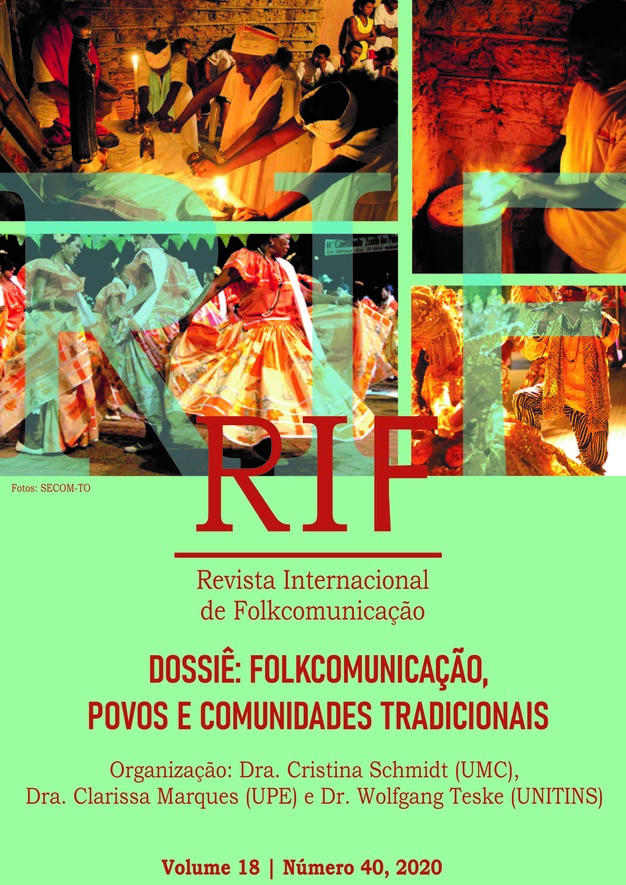Between records and memories: a look at Luanda's po pular and traditional festivals
DOI:
https://doi.org/10.5212/RIF.v.18.i40.0006Abstract
The aim of this work is to look at how memory operates through the discourse of three speakers who use memory to report on issues of Luanda's popular and traditional festivals. In addition to the initial concern, our interest will also focus on the importance of recording the subjects' memories so that these records can be useful for the dissemination of Luandan culture and the possibility of being a bridge for future research on Luanda's popular and traditional festivals. As a methodology: we recorded the narratives with a sound recorder, therefore we transcribed the essential and finally analysed the records. As a result, we found that there are differences in the universe of memory, its operationalization is quite complex. Luanda's popular and traditional festivals carry stories that are submerged and associated with the lived and can be accessed through the record and oral tradition. Registration; Memory; Popular festivities; Traditional festivities; Luanda.
Downloads
Downloads
Published
How to Cite
Issue
Section
License

Este obra está licenciado com uma Licença Creative Commons Atribuição 4.0 Internacional.
Os autores são responsáveis, em qualquer que seja o formato do texto, pelas opiniões expressas ou indiretas presentes em seus respectivos trabalhos, não endossáveis pelo Conselho Editorial e pelos editores da Revista, bem como pela autenticidade do trabalho. Ao publicar trabalhos na Revista Internacional de Folkcomunicação, os autores cedem automaticamente os direitos autorais à publicação para veiculação das produções acadêmicas, sem ônus para a Revista. Os autores detêm os direitos autorais do texto para o caso de publicações posteriores e concedem à Revista Internacional de Folkcomunicação o direito de primeira publicação, com o trabalho simultaneamente licenciado sob a Creative Commons Attribution License, que permite o compartilhamento do trabalho com reconhecimento da autoria e publicação inicial nesta Revista. Por serem publicados em revista de acesso livre, os artigos são de uso gratuito, com atribuições próprias, em atividades educacionais e não-comerciais, sendo permitida a publicação simultânea em repositórios institucionais.































